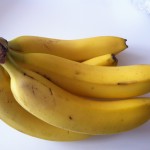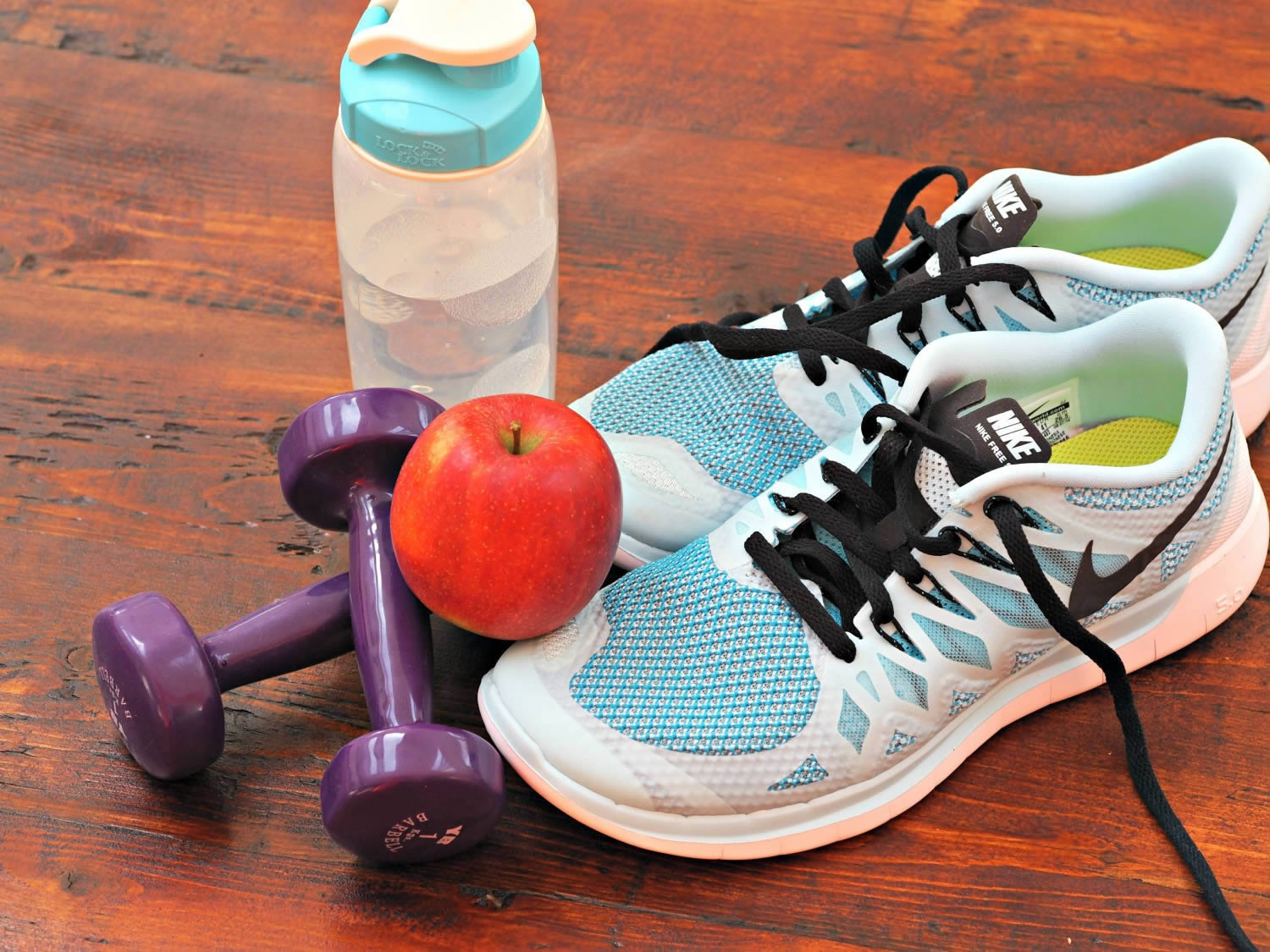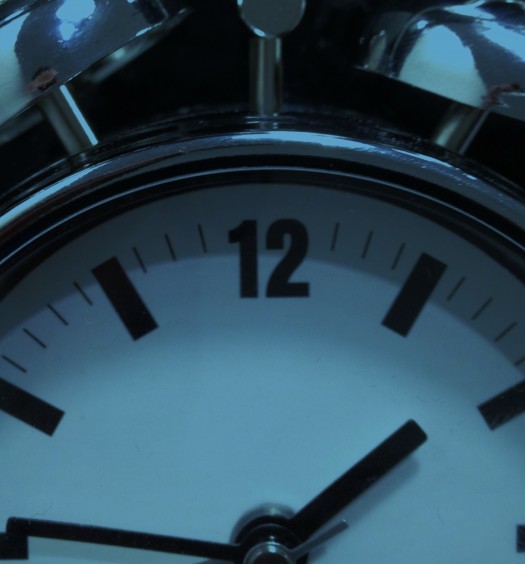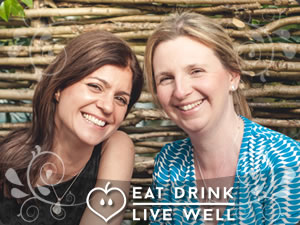We’re frequently asked what to eat and drink when you exercise. By this I don’t mean marathon running or triathalons: training for specific events, of course require serious sports nutrition programmes.
Instead, I’m talking about the vast majority of us who use exercise to keep healthy and to feel and look good. People who run, swim, or head to the gym or a class a couple of times a week. Those of us who don’t do ‘structured’ exercise but who garden, walk and clean the house to keep fit. Those of us not training for an event, but who care about what we look like when we don our summer clothes (which is looking like no time soon in the UK).
But there’s a lot of confusion about ‘fuelling’ exercise – should we load up on carbs? Is it ok to reward ourselves afterwards with ‘treats ‘in the café at the gym? It’s also easy to be lured by expensive sugary, artificially coloured and flavoured sports drinks, thinking we’ll perform poorly if we’re not quaffing one as we go.
If you’re a regular, moderate exerciser, you don’t need to go mad with what you eat and drink around your exercise, but getting some basic principles right will definitely help you to get the most out of your workout:
- Keep hydrated – just a 2% dehydration level can reduce your exercise performance – lowering your running speed for example. So make sure you’re well hydrated before you begin and sip water
 (a small cup) every 15 minutes throughout cardiovascular exercise – more if you’re exercising in hot weather. If you want to know exactly how much fluid to drink, weigh yourself before, and after exercise. Very roughly, a one pound weight loss equates to around 500mls of fluid loss. Moderate exercise up to an hour generally doesn’t require sports drinks of any kind – so don’t waste your money. Your body contains enough glycogen stores to keep it fuelled, so water is absolutely fine. By sticking with water you’ll be steering clear of the colourings, flavourings and sugar that are frequently in popular sports drinks. A 500ml sports drink can often contain around 140 calories – which you’ve probably just burnt off with that 2km jog.
(a small cup) every 15 minutes throughout cardiovascular exercise – more if you’re exercising in hot weather. If you want to know exactly how much fluid to drink, weigh yourself before, and after exercise. Very roughly, a one pound weight loss equates to around 500mls of fluid loss. Moderate exercise up to an hour generally doesn’t require sports drinks of any kind – so don’t waste your money. Your body contains enough glycogen stores to keep it fuelled, so water is absolutely fine. By sticking with water you’ll be steering clear of the colourings, flavourings and sugar that are frequently in popular sports drinks. A 500ml sports drink can often contain around 140 calories – which you’ve probably just burnt off with that 2km jog.
- Before exercise – snack! Most people don’t. A small, low GI/GL easily digestible snack (such as a yogurt, oatcake, or some dried apricots and nuts) around 20-30 minutes before exercise will get your blood sugar levels up a little, and give you more immediate energy for your exercise. Exercise on an empty stomach is thought to reduce endurance a little so if you like a pre-breakfast run, try a snack beforehand (or retime your exercise). Chia seeds used to be known by the Aztecs as ‘running fuel’, as they enhanced stamina – so are a great ingredient to include in your pre-exercise snack.
- After exercise – snack (but only if you’ve honestly put some effort in)! Refuelling is probably the most
 overlooked factor for regular exercisers. Exercise depletes glycogen (sugar) stores in muscles, so they need to be restocked. It can take nearly twenty-four hours to restock after exercise, and much longer – up to seven days if you don’t refuel properly. If you’re working out every two days, and you find that the last workout of the week is much harder than the first, there’s a chance this is due to inefficient refuelling. If you’re training for an event, refuelling properly should be the cornerstone of your training programme.
overlooked factor for regular exercisers. Exercise depletes glycogen (sugar) stores in muscles, so they need to be restocked. It can take nearly twenty-four hours to restock after exercise, and much longer – up to seven days if you don’t refuel properly. If you’re working out every two days, and you find that the last workout of the week is much harder than the first, there’s a chance this is due to inefficient refuelling. If you’re training for an event, refuelling properly should be the cornerstone of your training programme.
After exercise, you have a window of opportunity to restock quicker. As soon as possible after finishing your session (say 20-30 minutes), eat a moderate/high GI/GL snack along with your fluid of choice. A banana is perfect, getting sugar into blood and muscles quickly. If you’re not good at eating after exercise, this is where some of the recovery sports drinks can be useful. There’s also some evidence to suggest that protein with carbs restocks glycogen even better. So a banana and nuts, or sports ‘recovery’ bar or drink is also a good option. A cheaper option than specific ‘recovery’ drinks is chocolate milk – it has a pretty perfect ratio of carbs to protein (so treating yourself to a hot chocolate in winter after your workout is actually a great idea).
This ‘enhanced’ recovery window continues for the next few hours so following your snack and drink with a protein and carb mix meal (e.g. fish with veggies and brown rice, or a chicken salad wholemeal pitta) boosts your glycogen stores more.
- Focus on antioxidants. Exercising produces free radicals,
 which damage cells in the body and require antioxidants to counter them. If you’re a frequent, committed exerciser, eating lots of antioxidant rich foods (following the ‘eat the rainbow‘ philosophy – brightly coloured fruits and veggies) that also contain vitamin C, or supplementing can be a good idea. If you are a regular exerciser, Omega 3 fish oils to reduce inflammation and a little joint support in the form of bromelain, glucosamine or MSM can also be helpful.
which damage cells in the body and require antioxidants to counter them. If you’re a frequent, committed exerciser, eating lots of antioxidant rich foods (following the ‘eat the rainbow‘ philosophy – brightly coloured fruits and veggies) that also contain vitamin C, or supplementing can be a good idea. If you are a regular exerciser, Omega 3 fish oils to reduce inflammation and a little joint support in the form of bromelain, glucosamine or MSM can also be helpful.
- Protein shakes? For most weekly gym-goers, protein shakes are simply a waste of money and won’t boost your muscle mass; save your money – eating right is much more effective.
So it’s quite simple really – hydrate, snack on the right foods before and after exercise, and focus on antioxidants. And if you’re training for an event, or exercising very frequently or for long durations – get some specific sports nutrition advice, personalised for you, to boost your performance even more – contact us for more information!
Don’t forget to subscribe to our newsletter to be the first to keep up with the latest nutrition news, healthy recipes and articles written by your Nutritional Therapists Emma and Caroline.





